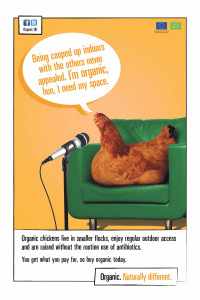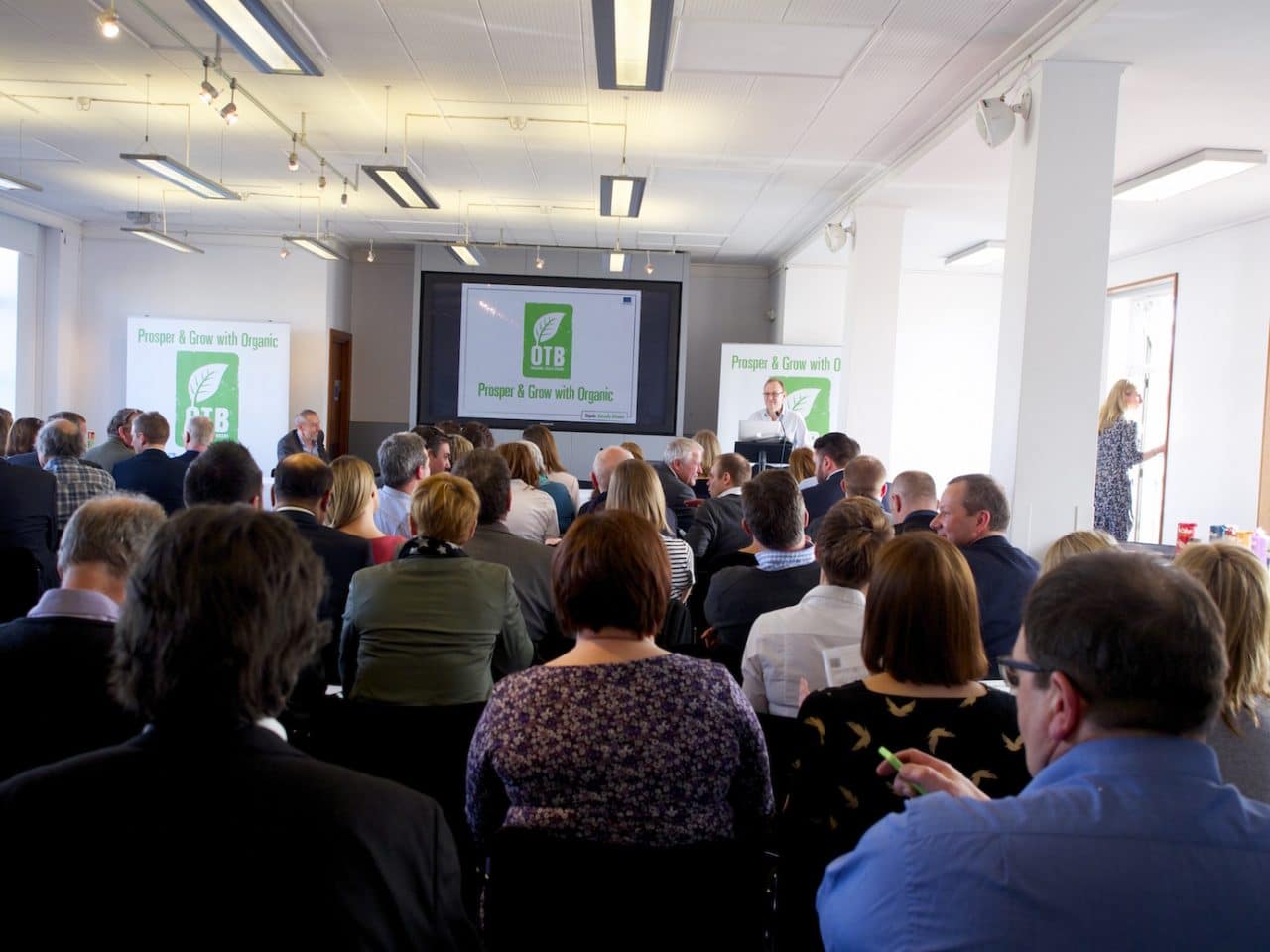New research shows UK retailers are missing the opportunity to capitalise on consumers’ growing appetite for organic food, unlike their European counterparts.
Today (4 March), the Organic Trade Board (OTB) released findings from what it says is the first ever in-depth usage and attitudinal survey into the UK organic consumer.
The report, entitled A Fresh Look at the Organic Consumer’, identifies “the fantastic opportunity” that increasing organic ranges offers brands and retailers alike – and, in turn, the scope to emulate the success of countries like Denmark, Germany and France where retailer-producer partnerships have helped drive double-digit in organic sales.
Coming hard on the heels of last week’s Soil Association Organic Market Report, which showed that organic food and drink sales increased by 4% in 2014 the new OTB research reveals that:
- Over a third (35%) – roughly 9.3 million – of Brits consciously buy organic food on a monthly basis, equivalent to £6million being spent per month on organic products
- 50% of consumers would consider buying more organic food and drink if it were available
- Nearly half (45%) claim they will buy more organic food and drink in the future
The research also provides fascinating insights into UK organic consumer shopper habits, and provides guidance on how to capitalise on this increasing demand. Key findings include:
- ‘Limited availability’ is a significant barrier to choosing organic products, highlighting the lack of specific types of foods and range/choice where they shop.
- The UK is the world’s fourth largest organic market – and the third biggest in Europe – yet approximately 33% of people claim to have only entered the market within the last two years and, significantly, 45% claimed that they will buy more organic products in the future.
- Organic shoppers are more promotion driven than the general public (86% would always look out for special offers vs. 69%^ of the general UK population).
- Just over a third (37%) of organic consumers are price insensitive, buying products without considering the cost.
- Almost half of organic consumers feel they are impulsive shoppers, buying products they hadn’t expected to (as compared to 32% of the UK general population).
The OTB says the findings represent a “rich opportunity to boost organic sales by increasing range offerings and the use of promotions to drive trial of multiple categories across organic” while highlighting that “the tide really has turned for organic, with consumers consistently citing the ‘naturalness’ of organic food as the driver for their purchasing choice”.
With healthy eating gurus continuing to top the best-seller lists, organic is riding this healthy wave which shows no sign of diminishing, as consumers become wiser to the benefits of avoiding pesticides and antibiotics in their food.
Catherine Fookes, campaign manager for the ‘Organic. Naturally Different’ campaign comments, “With the UK organic market celebrating its second consecutive year of growth, our research findings have given us an in-depth understanding of the organic consumer. With so many shoppers planning on buying more organic in the future, there has never been a better time for brands and retailers to prosper and grow with organic, bringing shoppers the variety of products the clearly crave.”
 Speaking head of today’s ‘Prosper and Grow with Organic’ briefing in London, Netto CEO & Managing Director, Claus Juel-Jensen commented: ““At Netto we have found that embracing organic food and drink has really helped us grow our sales; we believe organic food should be affordable and available for all – especially as a discount retailer. Since the start of a sustained campaign highlighting the benefits of organic food and drink in the 1980s, the organic market in Denmark has boomed, currently accounting for 8% of all retail sales in the country. The results of today’s report show a bright future for organic in the UK, with potential to match our success in Europe.”
Speaking head of today’s ‘Prosper and Grow with Organic’ briefing in London, Netto CEO & Managing Director, Claus Juel-Jensen commented: ““At Netto we have found that embracing organic food and drink has really helped us grow our sales; we believe organic food should be affordable and available for all – especially as a discount retailer. Since the start of a sustained campaign highlighting the benefits of organic food and drink in the 1980s, the organic market in Denmark has boomed, currently accounting for 8% of all retail sales in the country. The results of today’s report show a bright future for organic in the UK, with potential to match our success in Europe.”
Photos: Top – OTB chair Paul Moore addressing the ‘Prosper and Grow with Organic’ briefing in London; Opposite: One of the new creative executions for the ‘Organic. Naturally Different’ campaign in 2015.




